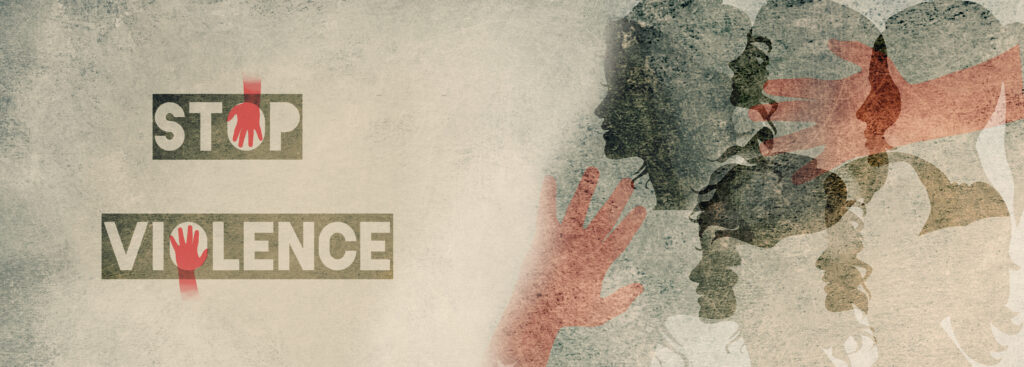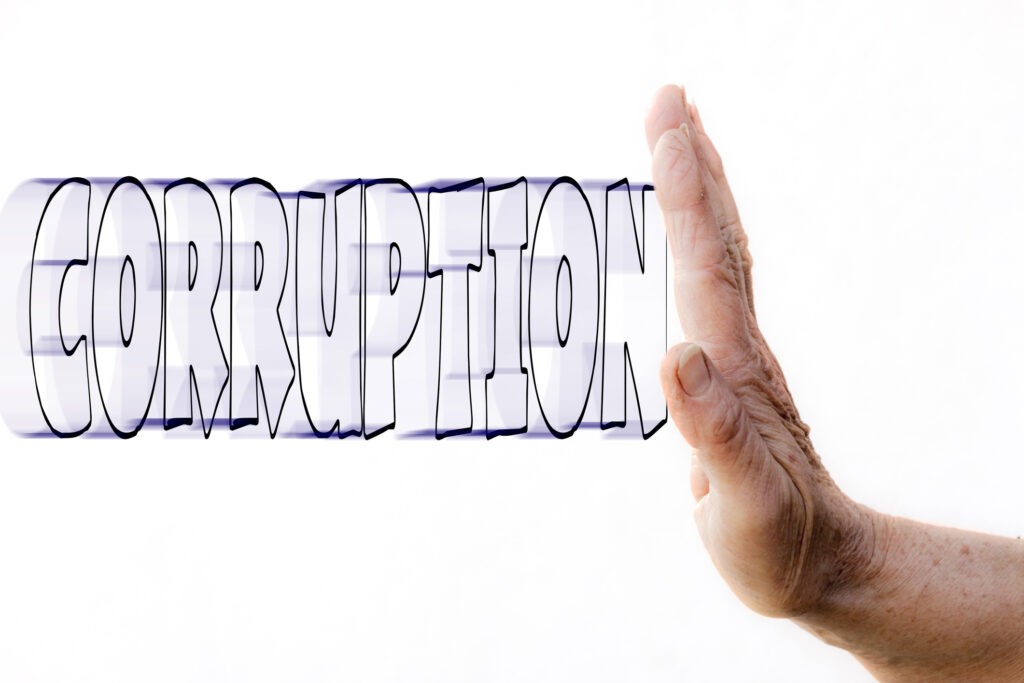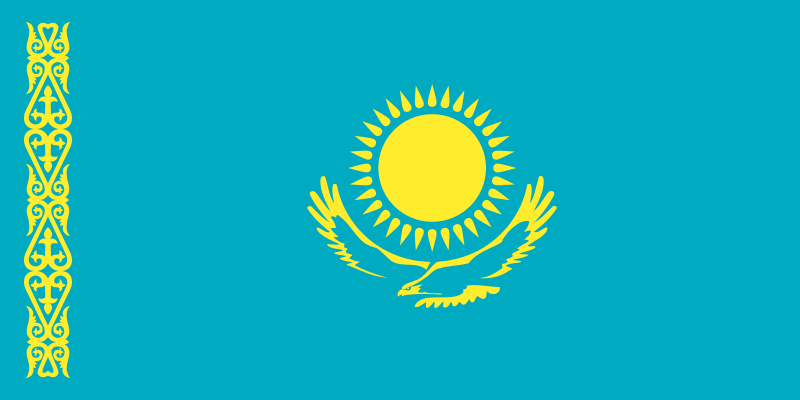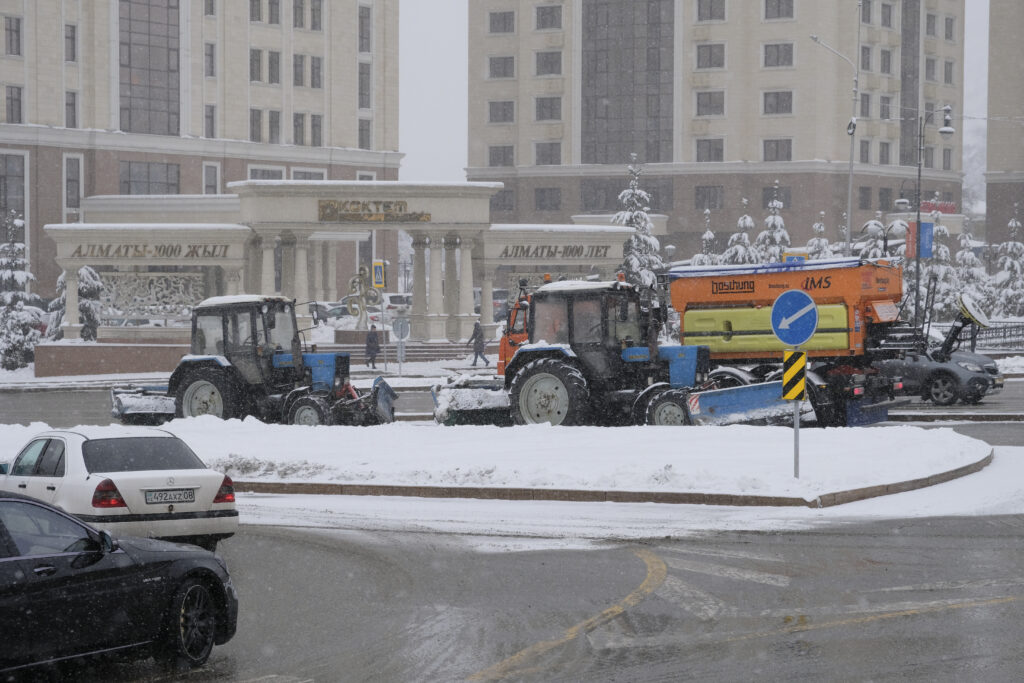Domestic Violence Victims Can Now Obtain EU Refugee Status After Ruling
Women who have suffered from domestic violence have the right to seek asylum in European Union (EU) countries, according to an EU Court of Justice ruling on January 16th. Anyone who has been subjected to physical and psychological violence, including sexual or domestic violence, can apply. If the those who apply do not meet the conditions for refugee status, they can claim additional measures of protection. Refugee status may already be granted to third-country nationals who are persecuted on racial, religious, or national grounds, as well as on the basis of political convictions or membership of a particular social group. According to the judges, threats from relatives "because of an alleged violation of cultural, religious or traditional norms" may qualify. Consequently, genital mutilation or forced marriage are often reasons for absconding, which women will have to disclose to authorities at the first interview. The EU came to this decision after the story of a Turkish national, a girl of Kurdish origin was forcibly married by her family. In the marriage, she was beaten and threatened by her husband, but managed to escape. The woman, who feared that her life would be in danger if she returned to Turkey, sought help and asked for international protection in Bulgaria. The local justices then referred the case to the Court of Justice of the EU. Karl Kopp, a migration expert for Pro Asyl - an independent human rights organization that advocates for the rights of refugees in Europe and Germany - said that the outcome is positive, and more women will be able to receive protection in the future. At present, Kazakhstan is discussing the issue of toughening punishment for domestic violence. A joint study by the Union of Crisis Centers and the Friedrich Ebert Foundation found that in 2021, the public safety authorities of Kazakhstan received almost 115,000 complaints of domestic violence. Of these, only 40% of cases made it to court, whilst 39% of perpetrators got off with sentences that restricted their freedom for periods ranging from two hours to three days.








